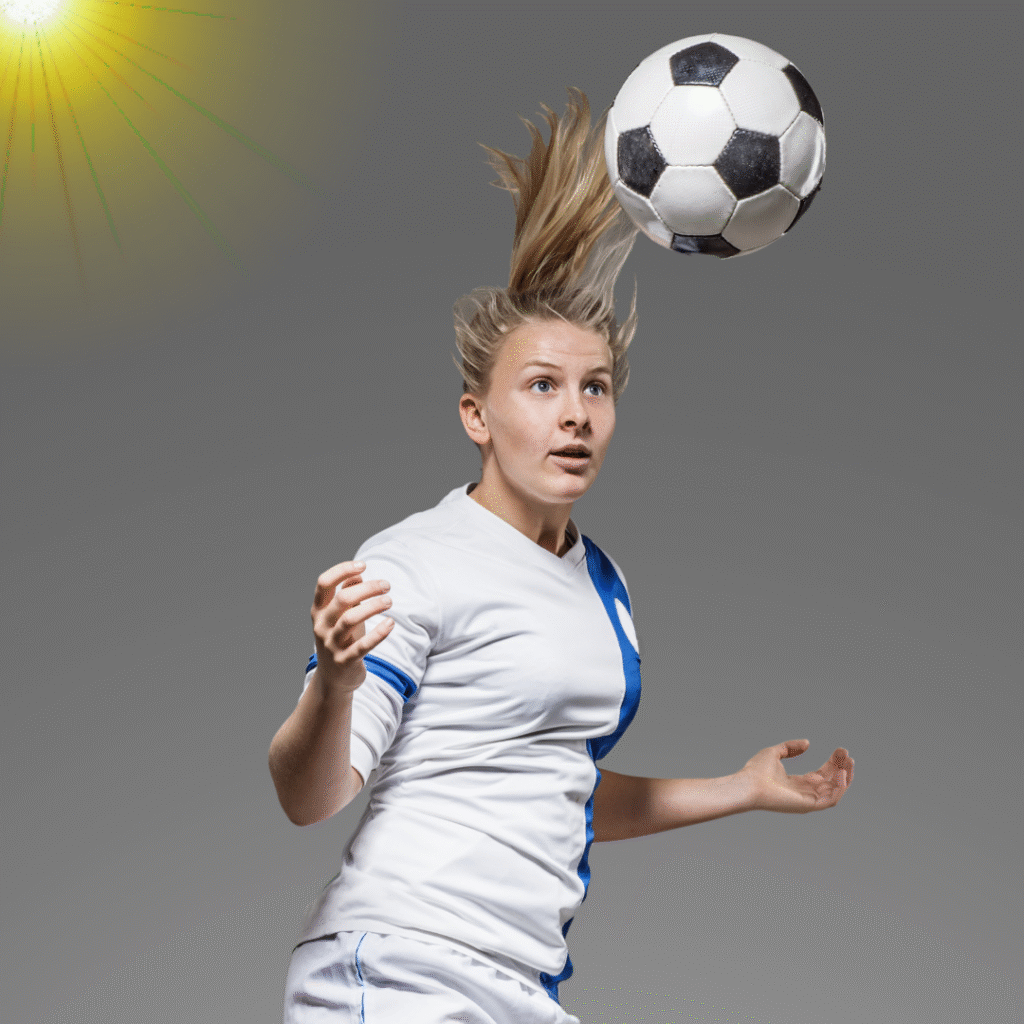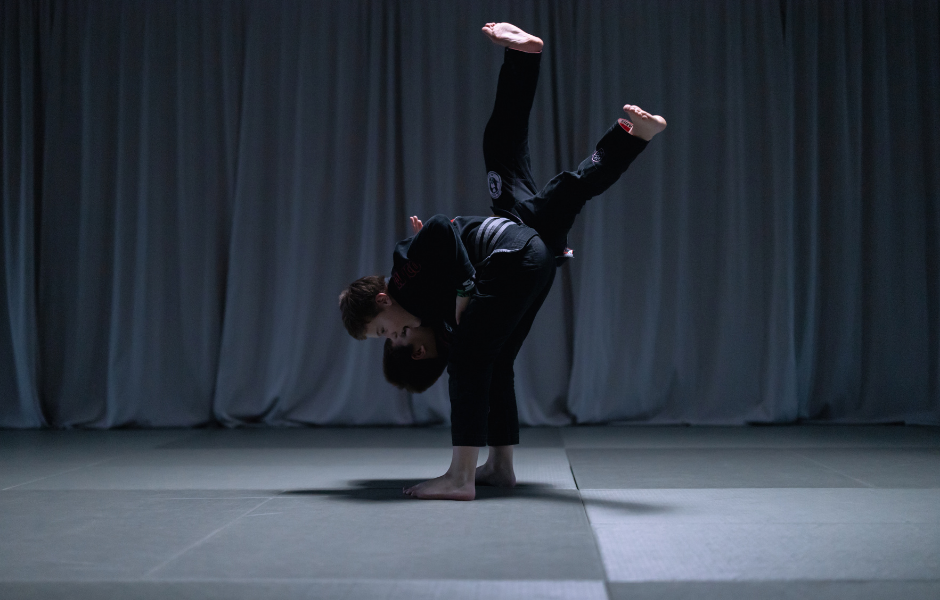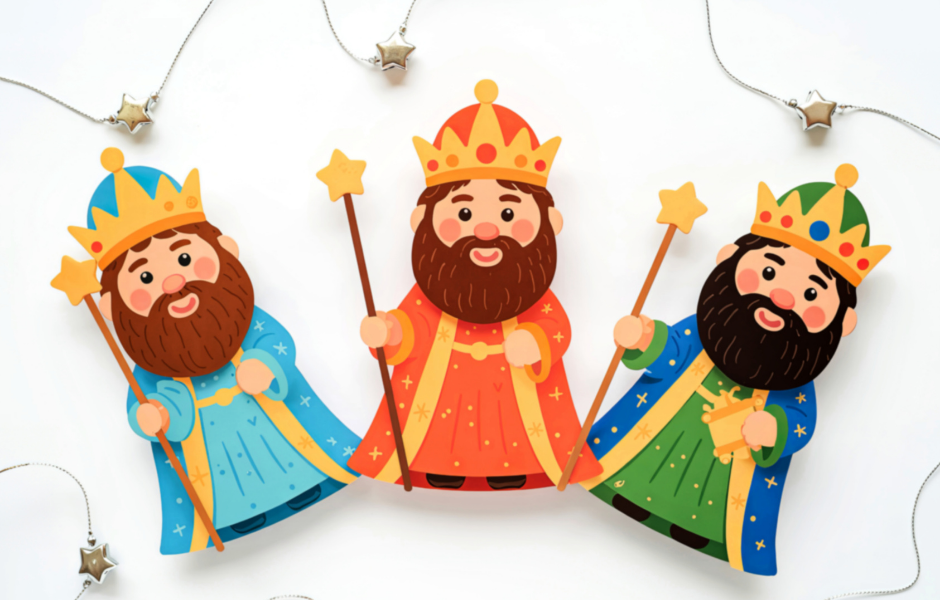
This children’s article, England win the Women’s Euros – again!, has been written for native English speakers and learners of English as a second or foreign language. It can help children build vocabulary, learn about international football, and enjoy reading about a big sporting win. Written by Mark Pulley, a teacher and writer who creates fun and informative news articles for English learners.
England are champions of Europe – again!
England’s women’s football team have done it again! The Lionesses have won the UEFA Women’s Euro tournament for the second time in a row, and this time, they beat the world champions to do it.
The final took place at Wembley Stadium in London. England played against Spain, the current world champions. It was a very close game, ending 1–1 after extra time. But in the penalty shootout, England stayed strong and won 3–1!
Spain started strong, but England fought back
Spain took the lead in the first half with a powerful header from Salma Paralluelo. The ball flew across the goal and past England keeper Hannah Hampton. Spain kept most of the ball and passed it around beautifully, as they often do. But England still looked dangerous on the counter-attack.
In the second half, substitute Chloe Kelly made a big difference. She crossed the ball into the box, and striker Alessia Russo headed it into the net to make it 1–1. And it stayed at the score until the whistle blew after 90 minutes.
Penalties decide the final
Extra time was quiet. Neither team wanted to risk making a mistake. Instead of going all-out for a winner, both sides played it safe and waited for the penalties.
But when the shootout began, Spain, known for their technical skills, suddenly fell apart. They missed one penalty, and two more were saved by England’s goalkeeper, Hannah Hampton.
England captain Leah Williamson missed her penalty too, but she didn’t stay sad for long. Chloe Kelly stepped up and smashed her shot into the net, winning the tournament for England, and leaving Williamson to lift the trophy and start the celebrations.
Celebrations and what’s next
After the final, the Lionesses held an open-top bus parade through the streets of London. Thousands of fans came out to cheer and celebrate with the team.
Now, England are already starting to plan for the next big challenge – the 2027 World Cup in Brazil.
Can they win that too? Only time will tell!

Article vocabulary list
- Header – when a football player hits the ball with their head
- Counter-attack – a fast move forward when the other team loses the ball
- Substitute – a player who comes on to replace another player during the match
- Penalty shootout – a way to decide a match by taking turns to shoot at goal from the penalty spot
- Parade – a celebration where people walk or drive through the streets
- Open-top bus – a bus with no roof, often used for sports celebrations
- Trophy – a special cup or prize for winning a competition
- World champions – the team that won the most recent World Cup
- Risk – to do something that might go wrong
- Crumbled – broke under pressure or failed suddenly
Comprehension questions
Just click the plus (+) to see the answer
1. Who did England beat in the final?
A) Brazil
B) Spain
C) Germany
Answer: B) Spain
2. What was the score after extra time?
A) 2–2
B) 1–0
C) 1–1
Answer: C) 1–1
3. Who scored England’s goal during the match?
A) Leah Williamson
B) Chloe Kelly
C) Alessia Russo
Answer: C) Alessia Russo
4. Who assisted the equalising goal for England?
A) Hannah Hampton
B) Chloe Kelly
C) Salma Paralluelo
Answer: B) Chloe Kelly
5. What happened in extra time?
A) England scored two more goals
B) Spain won the match
C) Both teams played carefully and didn’t score
Answer: C) Both teams played carefully and didn’t score
6. Where will the next Women’s World Cup be held?
A) France
B) Brazil
C) Germany
Answer: B) Brazil

Mark is a writer and EFL teacher from England with eight years’ experience. He’s passionate about travel, sport (especially football), animals, nature, and history, and enjoys helping children explore the world through language and learning.




